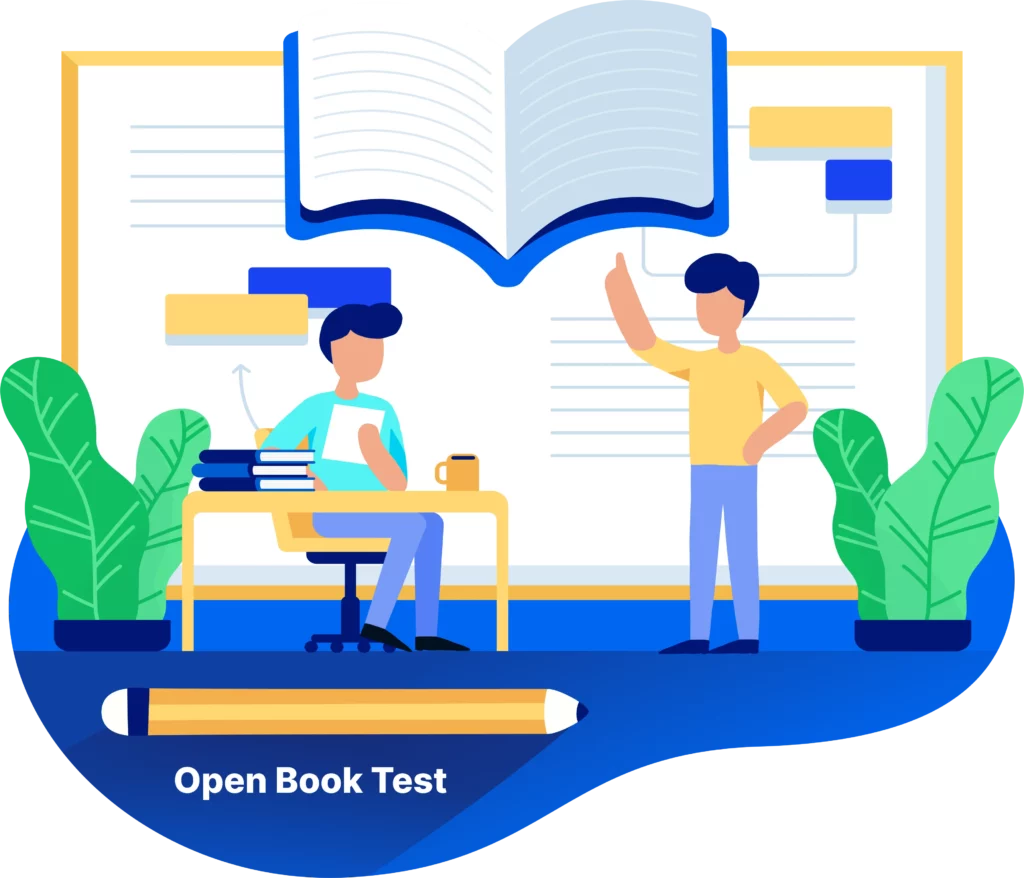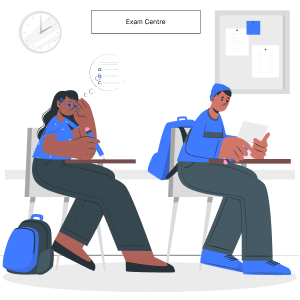
Introduction #
In the evolving landscape of educational assessment, the concept of open-book tests is gaining prominence. Unlike traditional examinations that often emphasize rote memorization, open-book tests offer a refreshing alternative that encourages a deeper engagement with the material.
This innovative testing method allows candidates to refer to notes, textbooks, and other relevant resources while answering questions. The essence of open-book tests lies in their ability to evaluate a student’s analytical, problem-solving, and critical thinking skills, rather than just their capacity to recall information.
Significance of Open-Book Tests #
The shift towards open-book tests represents a significant move towards fostering comprehension, application, and critical analysis. This approach not only promotes deeper learning but also aims to alleviate the stress associated with high-stakes testing environments. By enabling access to educational materials during exams, students are encouraged to understand and apply concepts to various scenarios, enhancing their grasp of the subject matter.
Moreover, open-book tests necessitate a different approach to question paper design. Traditional exams often rely on questions that test memory and the ability to regurgitate definitions. In contrast, open-book exams require the formulation of questions that challenge students to apply their knowledge in problem-solving contexts. This ensures that the assessment is more reflective of a student’s ability to use information effectively rather than merely memorize it.
Educational institutions embarking on the journey of implementing open-book tests must carefully design their assessments to align with these objectives. The focus should be on creating questions that stimulate critical thinking and problem-solving abilities, thereby preparing students for real-world challenges.
Conclusion #
As we look towards the future, open-book tests are poised to become a significant trend in education. This shift is not just about changing how we assess students; it’s about transforming the learning experience into one that is more meaningful, engaging, and relevant to the complexities of the modern world. Open book tests herald a new era in education, one that values understanding over memorization and prepares students for the demands of the 21st century.



